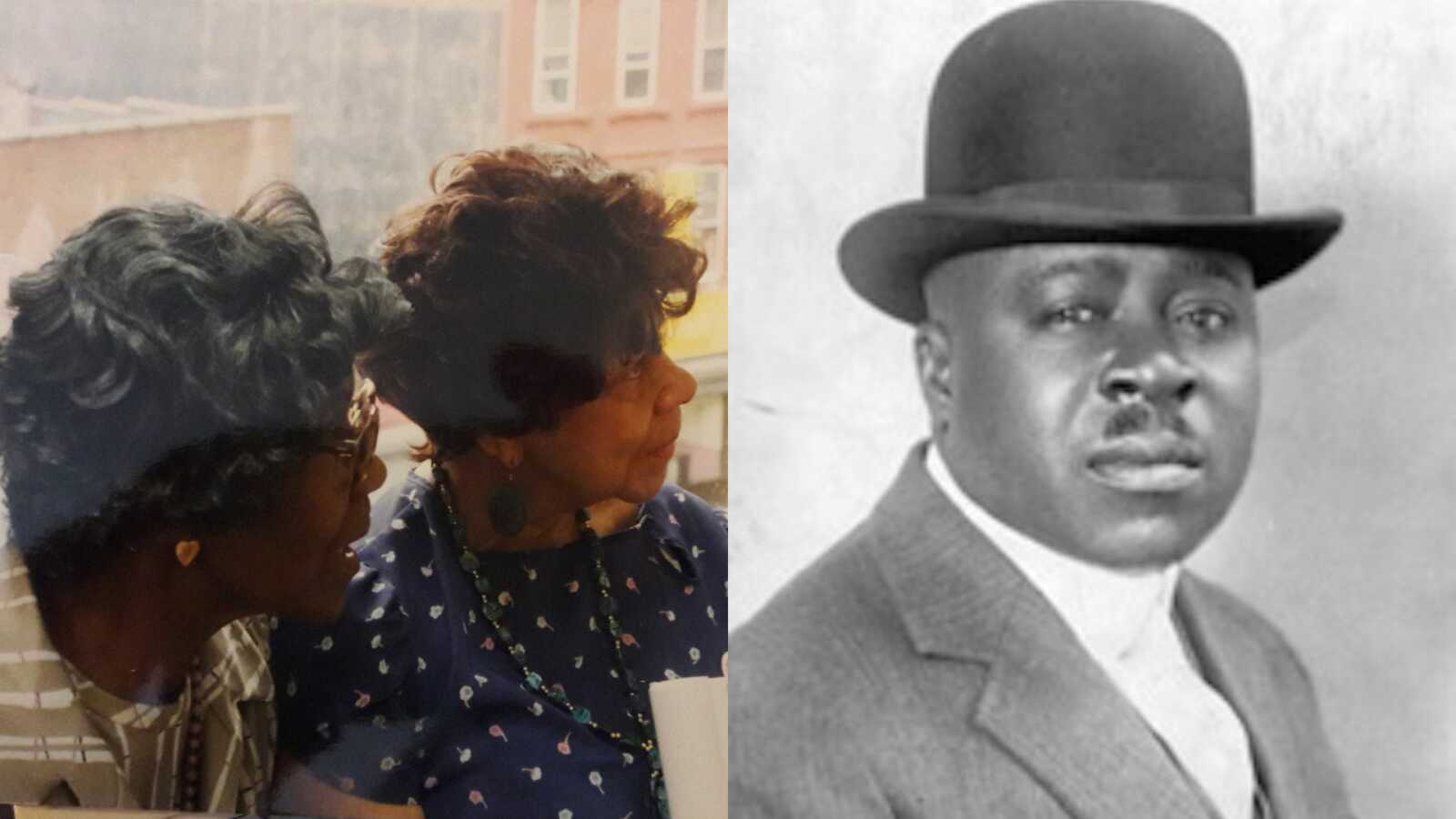February is Black History Month in the United States, a time to celebrate black history and culture in the country. During this time of year, it’s important to recognize influential African American figures in the past and present.
Many times, this celebration focuses on famous figures like Dr. Martin Luther King Jr, Rosa Parks, and Harriet Tubman. While all of these people deserve the recognition they get, here are 10 names you may not have heard to celebrate this year.
1. Shirley Chisolm (1924-2005)
Shirley Chisolm became the first Black woman elected to Congress in 1968. Born in Brooklyn, NY Chisolm was a daughter of Caribbean immigrants. With over 50 pieces of legislation introduced during her time in Congress, she became the first Black woman to serve on the powerful House Rules Committee.
Her campaign slogan in 1968, “Unbought and Unbossed,” influenced Vice President Kamala Harris’ campaign in 2020 and shows her legacy on politics, women, and African Americans in the years since.
2. Robert Sengstacke Abbott (1868-1940)
Robert Sengstacke Abbott created the Chigaco Defender in 1905, a weekly newspaper that played an important role in encouraging African Americans to move from the South to the North for job opportunities. His influence on Black publications today can be seen in places like Ebony, Essence, and Black Enterprise.
3. Alice Coachman (1923-2014)
Originally from Albany, GA Coachman made her name as an Olympic track star. She won the gold medal in the 1948 London Olympics and set the record for the high jump at 5 feet 6 ⅛ inches, making her the first black woman from any country to win an Olympic gold. With 25 national titles, she has been inducted into both the National Track-and-Field Hall of Fame and the U.S. Olympic Hall of Fame in 2004.
4. Jane Bolin (1908-2007)
The first black woman to attend Yale Law, she later became the first Black woman to join the New York City Bar and the first African-American female judge in the US. Outside of her legal accomplishments, she sat on the boards of the NAACP, the Child Welfare League of America, and the Neighborhood Children’s Center.
5. Marsha P. Johnson (1945-1992)
With recent recognition from the Netflix documentary The Death and Life of Marsha P. Johnson, Marsha P. Johnson has become a more well-known figure. Before this however, her story was often lost to history. Most well known for leading the Stonewall Riots in1969, Johnson, along with Silvia Rivera, is often credited for the creation of the modern LGBTQ activist movement.
6. Bayard Rustin (1912-1987)
Behind the shadow of Martin Luther King, Bayard Rustin was the organizer of the March on Washington in 1963. As a gay man with possible ties to communism, he has often been left out of history. However, at the time he was considered one of the most important strategists of the Civil Rights Movement, working to create more jobs and better wages for his community.
7. Gil Scott-Heron (1949-2011)
A New York City poet, activist, and musician, Gil Scott-Heron is often known as the “godfather of rap.” As a daring left-wing activist, his music wasn’t mainstream at the time but has since been sampled by artists like Common, Kendrick Lamar, and Drake. His most famous song, “The Revolution Will Not Be Televised,” which encourages people to get up and protest instead of watching the “revolution” from the comfort of their homes, inspires social justice activists today.
8. Ella Baker (1903-1986)
A major player in the Civil Rights Movement, Ella Baker grew up in North Carolina hearing stories about her grandmother’s life in slavery. Baker helped found the Southern Christian Leadership Conference and the Student Nonviolent Coordinating Committee (SNCC) and was a mentor to some of the biggest leaders in the movement. Her tireless work earned her the title of the “mother of the Civil Rights Movement.”
9. Max Robinson (1939-1988)
In 1978 Max Robinson became the first Black person to anchor the nightly network news. When he first started in the industry in 1959, he was employed as a news-reader and told he wasn’t allowed to show his face.
Later moving to Washington he was noticed by ABC news for his work and became one of three co-anchors on World News Tonight. He co-founded the National Association of Black Journalists creating a legacy for younger generations to follow in his footsteps.
10. Fritz Pollard (1894-1986)
At only 5 feet 9 inches and 165 pounds, it was surprising to many that he became such a successful football player and coach. As the first Black player for Brown University, he led the team to the Rose Bowl. After serving in World War 1 Pollard returned to the sport in the American Professional Football Association.
In 1921, he became the team coach and the first Black man to coach professional football. He coached four teams and founded a Chicago football team of all African American players during his career, leading him to be inducted into the Pro Football Hall of Fame in 2005.
This article was written exclusively for Love What Matters by Anna Steingruber. Join the Love What Matters family and subscribe to our newsletter.
Read more stories like this:
Help us celebrate this Black History Month. SHARE with friends and family.


